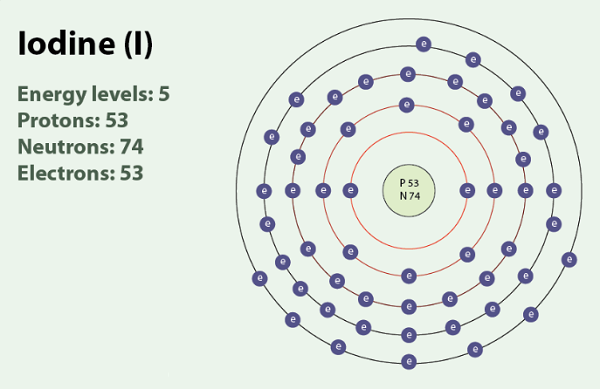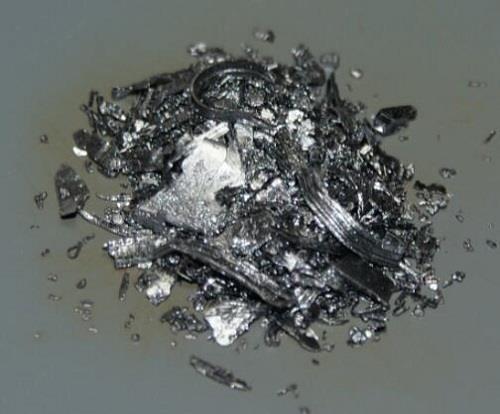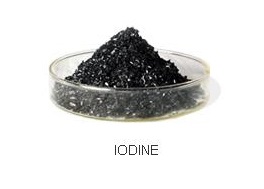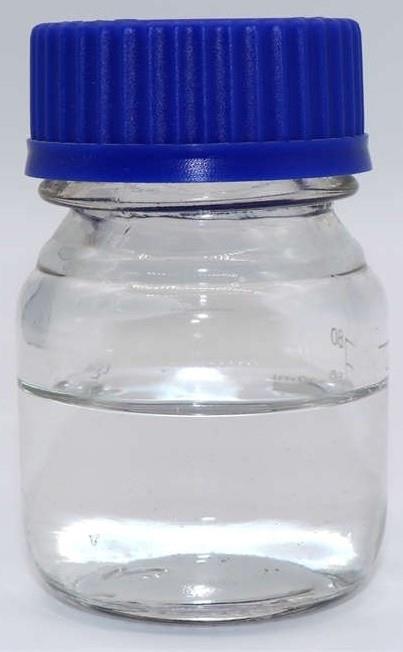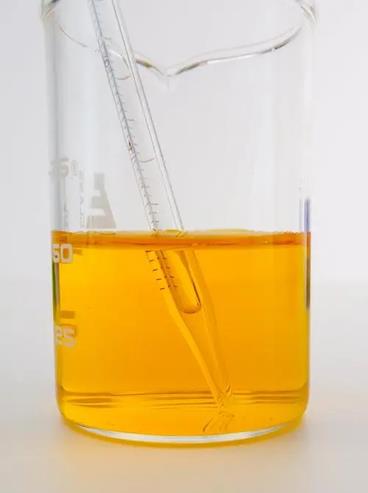Does iodine expire?
Iodine is a chemical element, it has the symbol I and atomic number 53. The heaviest of the stable halogens, it exists at standard conditions as a semi-lustrous, non-metallic solid that melts to form a deep violet liquid at 114 °C (237 °F) and boils to a violet gas at 184 °C (363 °F).
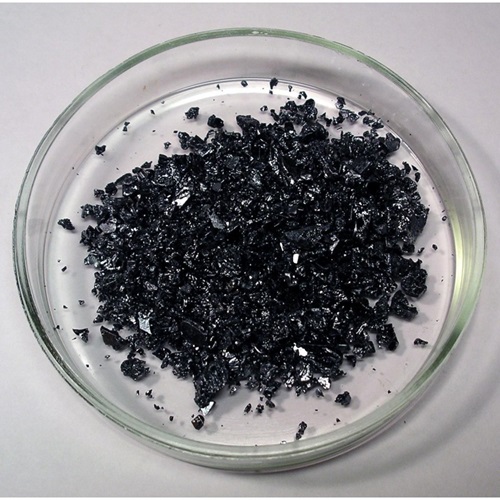
Reactions
Iodine is quite reactive, but it is much less reactive than the other halogens. For example, while chlorine gas will halogenate carbon monoxide, nitric oxide, and sulfur dioxide (to phosgene, nitrosyl chloride, and sulfuryl chloride respectively), iodine will not do so.
Furthermore, iodination of metals tends to result in lower oxidation states than chlorination or bromination; for example, rhenium metal reacts with chlorine to form rhenium hexachloride, but with bromine, it forms only rhenium pentabromide and iodine can achieve only rhenium tetraiodide.
By the same token, however, since iodine has the lowest ionization energy among the halogens and is the most easily oxidized of them, it has more significant cationic chemistry and its higher oxidation states are rather more stable than those of bromine and chlorine, for example in iodine heptafluoride.
Whether or expire
Iodine does not expire. It is one of the oldest wound and infection remedies around. I was advised by a doctor to leave the skin open to air and not sealed up, as the only concern. Betadine is the nonstaining version and is used to sterilize surgical sites routinely unless you have an allergy to iodine.
You may like
Related articles And Qustion
See also
Lastest Price from iodine manufacturers

US $360.00-99.00/kg2025-04-21
- CAS:
- 12190-71-5
- Min. Order:
- 1kg
- Purity:
- 99% purity,WhatsApp+86 18102676775
- Supply Ability:
- 20 tons
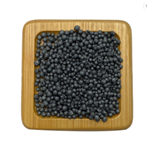
US $23.00-1.00/kg2025-03-07
- CAS:
- 12190-71-5
- Min. Order:
- 1kg
- Purity:
- 99%
- Supply Ability:
- 300tons

